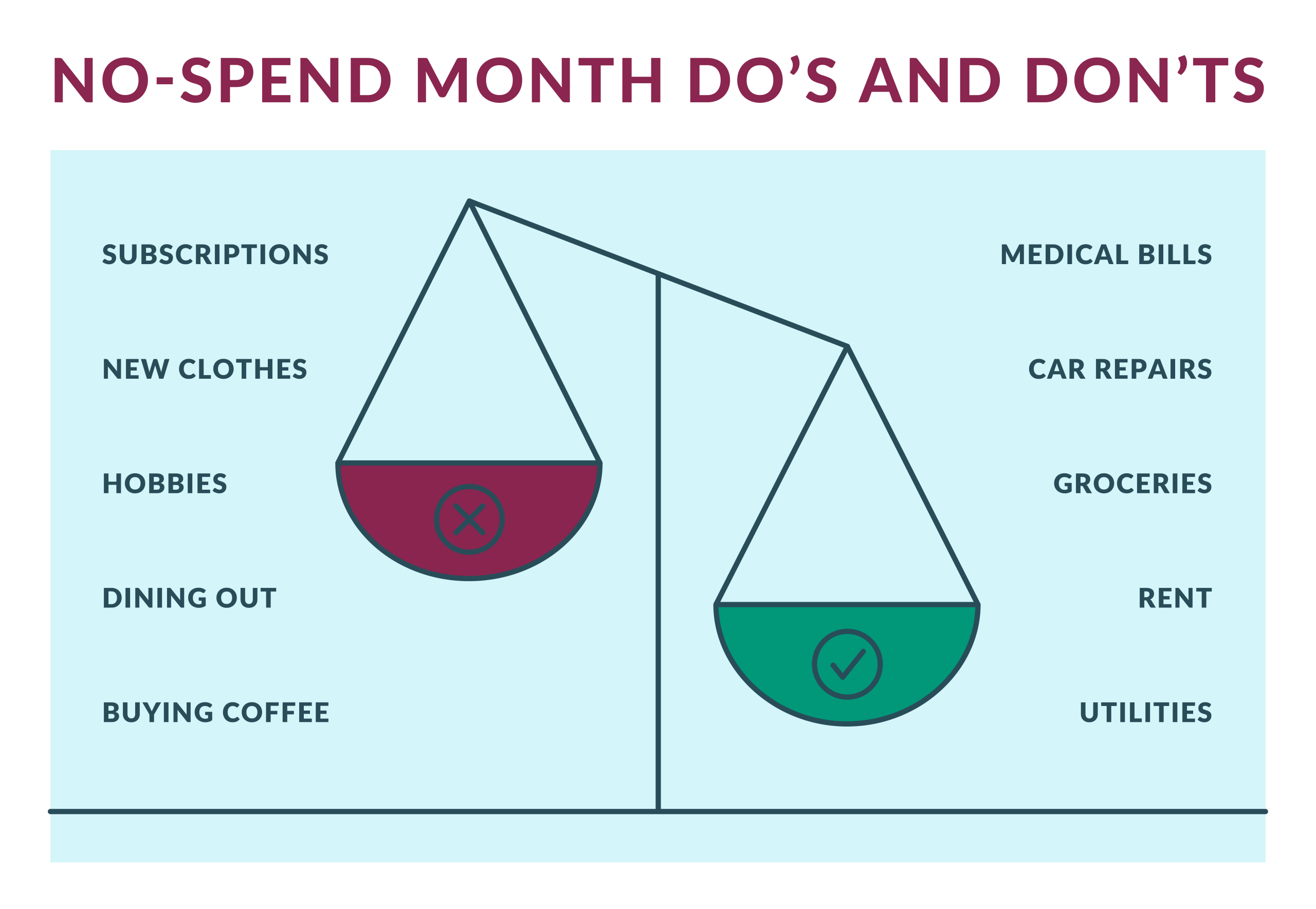Anúncios
Today, credit plays a crucial role in the financial lives of individuals and businesses.
Whether obtaining a loan, financing a car, buying a house, or even being approved for a rental, creditworthiness is often a determining factor.
But have you ever wondered how lenders assess your ability to meet these financial commitments? The answer lies in the credit report.
In this article, we will show you what you need to know about credit reports and how they are used. Keep reading to find out more about credit reports.
What Is a Credit Report and How Is It Used?
A credit report is a detailed document that records a person or company’s credit history.
It is compiled by credit agencies, known as credit bureaus, and includes information about credit accounts, payment history, outstanding balances, and any relevant credit activity.
Credit reports are primarily used by financial institutions and lenders to assess the risk of extending credit. Here are some specific ways they are used:
- Credit Granting: Banks and financial institutions review your credit report to decide whether to approve a loan or credit card, as well as to determine applicable interest rates.
- Property Rentals: Landlords and real estate agencies consult credit reports to assess a tenant’s ability to pay rent on time.
- Employment: Some employers check the credit reports of candidates as part of the hiring process, especially for positions that involve financial responsibility.
- Utilities and Telecommunications: Utility and telecommunications companies may check your credit to decide on providing services or the need for an initial deposit.
Having a good credit report is essential, as it can directly influence your financial opportunities.
Maintaining a positive credit history and being aware of the information contained in your report can make a significant difference in your financial life.
Understand the Importance of a Credit Report
The importance of a credit report goes beyond merely recording a person or company’s financial history.
It plays a crucial role in various areas of financial life. And can significantly influence the ability to access financial products and services, obtain better credit terms, and even ensure long-term financial stability.
The credit report is fundamental for credit approval. Financial institutions, such as banks and credit unions, use this information to assess an applicant’s solvency.
A good credit history can result in the approval of loans and credit cards with favorable conditions, such as lower interest rates and higher credit limits.
Conversely, a report with negative information can lead to credit application rejections or less advantageous terms.
The information contained in the credit report also directly affects the conditions offered by lenders.
A high credit score indicates low risk to the lender, resulting in better terms, such as lower interest rates and longer repayment periods.
This can mean significant savings over time, especially for large financings, like mortgages or vehicle loans.
Beyond the financial sector, credit reports are often used by landlords and real estate agencies in evaluating rental applicants.
A good credit history can ease the approval of a rental agreement and eliminate the need for guarantors or high security deposits.
Monitoring the credit report is also a preventive measure against fraud and identity theft.
Periodically checking the information in the report can help identify suspicious activities or unauthorized accounts.
Taking swift action upon detecting such irregularities can minimize damage and protect the individual’s financial health.
What Information Is Included in a Credit Report?
See now what information you will find in a credit report to be well-informed about what it offers:
Personal Information:
This section of the credit report includes basic identification data that helps ensure the report belongs to the correct person. Personal information includes:
- Full Name.
- Identification.
- Date of Birth.
- Current and Previous Addresses.
- Employment Information.
These details are used to ensure the accuracy and individualization of the credit report, avoiding mix-ups with other individuals with similar names.
Accounts:
This section details all the credit accounts an individual has or has had, providing a clear view of credit behavior.
It includes information such as credit cards, personal loans, vehicle financing, mortgages, and others.
Also included are the date of opening, credit limit, current balance, payment history, and current status.
It also records timely or delayed payments, including how many days late they occurred and how many payments were missed.
This information is crucial for assessing financial responsibility and the ability to meet credit obligations.
Public Records:
This section includes information that can negatively affect the credit evaluation, usually drawn from public records.
Common public records include legal actions, bankruptcies, foreclosures, and repossessions.
This information is important for understanding any significant financial problems the individual has faced.
Credit Inquiries:
Credit inquiries record all requests to access the credit report made by financial institutions and other entities. There are two main types of inquiries:
- Hard Inquiries: Occur when a lender or financial institution requests the credit report to make a credit decision, such as approving a credit card or loan. These inquiries can temporarily affect the credit score.
- Soft Inquiries: Inquiries that do not affect the credit score, such as those made by yourself when reviewing your report or by companies to offer pre-approved financial products.
The history of inquiries helps monitor who is accessing your information and how often, providing an additional layer of security against fraud.
How Is the Credit Report Created?
The credit report is created by credit agencies through a complex process that involves:
- Data Collection: Agencies obtain financial and personal information from various sources, such as banks, finance companies, and utility companies. This includes data like credit history, personal information, and public records.
- Compilation and Organization of Data: The data are organized into categories within the report, including personal information, credit history, public records, and credit inquiries.
- Analysis and Update: Algorithms and statistical models are used to analyze the data and generate a credit score, which reflects the individual’s reliability in paying their debts. Reports are regularly updated to reflect the most recent financial situation.
- Access to the Report: Credit reports are available for review by financial institutions, employers, property owners, insurance companies, and consumers. Agencies must provide a free copy of the report to the consumer once per year.
- Error Correction: If a consumer identifies errors in their report, they can request corrections directly from the credit agency, which is legally required to investigate and correct incorrect information within a specified timeframe.
How to Check Your Credit Report?
Checking your credit report in the United States is an important practice to ensure the accuracy of the information and protect your financial health.
AnnualCreditReport.com is the only site officially authorized by the United States government to provide free copies of your credit report from all three major credit agencies: Equifax, Experian, and TransUnion.
Be sure to access this site to avoid fraudulent websites that charge for free credit reports.
At AnnualCreditReport.com, you can request a credit report from each of the three credit agencies at once, or you can choose to request reports from one agency at a time, depending on your preference.
To request your credit report, you will need to provide personal information, such as your name, address, date of birth, and Social Security number.
This step is important to ensure that the information is correctly associated with your credit report.
With this, you can make better use of your credit report and be sure that you will have the best information about your financial health.
Did you like it? See more tips by browsing our site.






